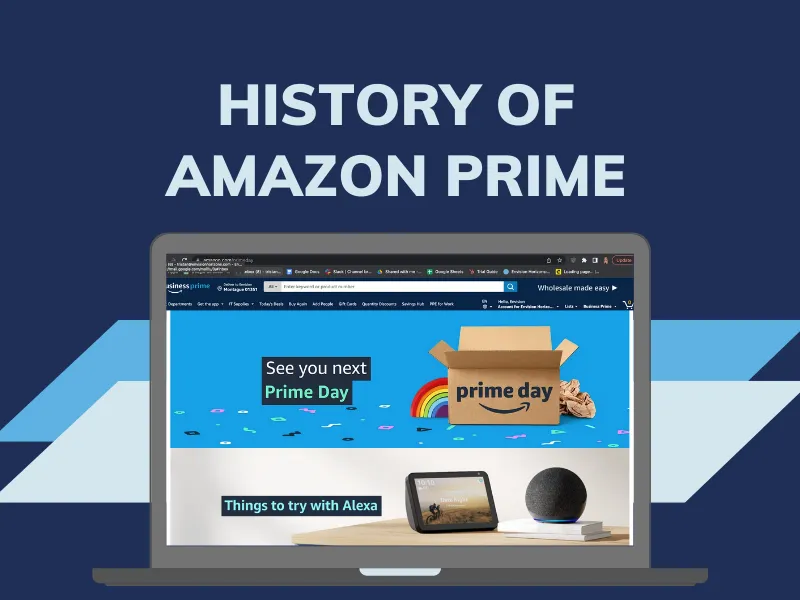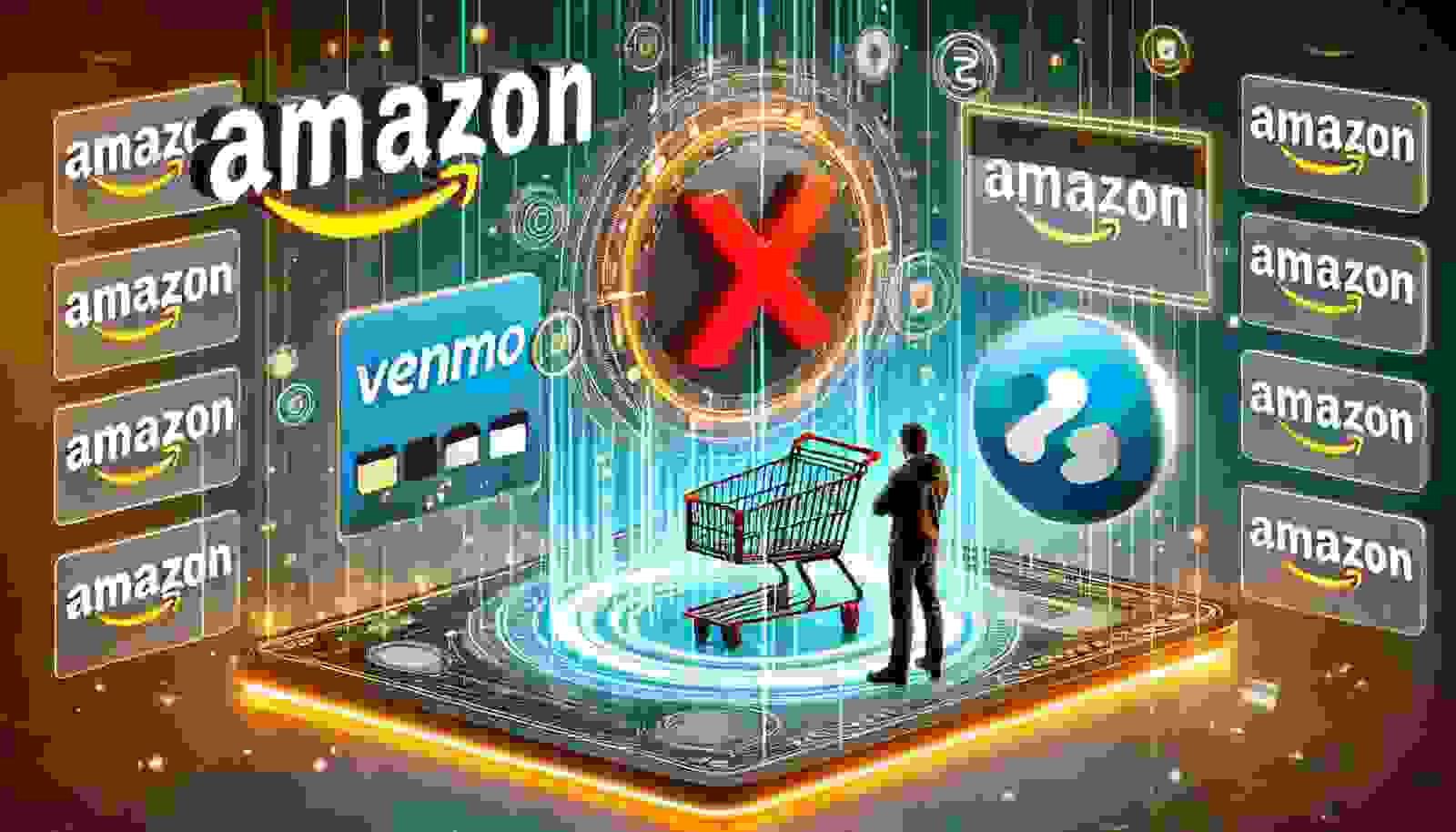Running a successful cleaning business involves juggling multiple responsibilities, from managing client relationships to optimizing operational efficiency. This complexity can often lead to challenges in maintaining organization and delivering exceptional customer service. A Customer Relationship Management (CRM) system can serve as a powerful tool to address these challenges and drive business growth.
Running a successful cleaning business involves juggling multiple responsibilities, from managing client relationships to optimizing operational efficiency. This complexity can often lead to challenges in maintaining organization and delivering exceptional customer service. A Customer Relationship Management (CRM) system can serve as a powerful tool to address these challenges and drive business growth.
The Challenges of Managing a Cleaning Business
The cleaning industry is characterized by a high volume of clients, each with unique cleaning requirements and preferences. Manually managing scheduling, communication, and customer information can be time-consuming and error-prone. Additionally, tracking service history and maintaining accurate records is essential for providing consistent quality and addressing client concerns effectively.
The Power of a CRM System
A CRM system acts as a centralized hub for managing all aspects of customer interactions and business operations. By consolidating client information, including contact details, service history, and preferences, a CRM eliminates the need for manual data management and reduces the risk of errors.
Benefits of Using a CRM for Your Cleaning Business
A CRM offers a multitude of benefits for cleaning businesses. At its core, it significantly enhances efficiency. By consolidating customer information and automating tasks, you can streamline your operations. This means less time spent on administrative duties and more time focusing on growing your business.
Moreover, a CRM is invaluable for delivering exceptional customer service. By having a comprehensive overview of each client’s preferences and history, you can provide a tailored and personalised service. This attention to detail fosters customer loyalty and positive word-of-mouth recommendations.
Beyond efficiency and customer service, a CRM contributes to building stronger client relationships. By demonstrating a deep understanding of your clients’ needs and preferences, you create a sense of trust and value. This can lead to increased customer retention and repeat business.
Centralized Customer Information
A key benefit of a CRM is its ability to store comprehensive customer profiles in a single location. This includes contact details, service history, cleaning preferences, and communication records. By having all relevant information readily accessible, you can provide a more personalized and efficient service to your clients.
Enhanced Communication and Collaboration
Effective communication is essential for building strong client relationships. A CRM facilitates seamless communication by providing tools for email, phone, and text messaging. Additionally, it can be used to schedule appointments, send reminders, and share important updates with clients.
Improved Efficiency and Productivity
By automating routine tasks such as scheduling, invoicing, and reporting, a CRM can significantly improve efficiency and productivity within your cleaning business. This frees up time for your team to focus on core business activities and deliver exceptional customer service.
A CRM system is a valuable asset for any cleaning business. By addressing the challenges associated with managing clients, improving communication, and enhancing efficiency, a CRM can contribute to overall business growth and success.
A Comprehensive Workflow for Using a CRM in a Cleaning Business
Effective utilisation of a CRM involves a structured approach to managing customer interactions and business operations. By breaking down the process into distinct phases, cleaning businesses can optimise efficiency and enhance customer satisfaction.
New Client Onboarding
The initial interaction with a potential client is crucial in establishing a positive relationship. A CRM facilitates this process by providing a centralised platform to capture and manage essential client information. This includes capturing contact details, such as name, phone number, email address, and physical address. Additionally, the CRM should allow for detailed documentation of the client’s specific cleaning requirements, including the type of cleaning service required, frequency of service, and any particular preferences or restrictions. Once the client’s needs are understood, the CRM can be used to schedule the initial cleaning and subsequent appointments. To formalise the agreement, the system should enable the creation and storage of customised quotes and contracts.
Ongoing Service Management
Efficiently managing ongoing cleaning services is essential for client satisfaction and business growth. A CRM plays a pivotal role in this process by providing tools for appointment scheduling, ensuring optimal resource allocation and minimising conflicts. Effective communication with clients is facilitated through the CRM, allowing for appointment reminders, service updates, and addressing any inquiries or concerns. To maintain comprehensive service records, the system should enable detailed documentation of each cleaning, including any specific tasks performed, products used, and any issues encountered. Generating invoices and tracking payments is another critical function of the CRM, ensuring timely billing and revenue collection.
Customer Relationship Building
A CRM is instrumental in fostering strong and lasting relationships with clients. By collecting and analysing customer feedback, businesses can identify areas for improvement and implement necessary changes. The CRM can be used to segment clients based on preferences, allowing for targeted marketing campaigns and personalised offers. Implementing loyalty programs to reward repeat business and encouraging referrals can also be effectively managed through the CRM. By tracking customer interactions and preferences, businesses can gain valuable insights into customer behaviour, enabling data-driven decision-making and strategic planning.
By following these structured workflows and leveraging the capabilities of a CRM, cleaning businesses can enhance operational efficiency, improve customer satisfaction, and drive overall business growth.
One of the leading cleaning service providers in Australia – Optima Cleaners, successfully implemented a CRM system to manage its operations across multiple locations. By centralizing customer information, automating scheduling, and improving communication, Optima Cleaners was able to enhance efficiency, improve customer satisfaction, and achieve significant growth. The CRM enabled the company to maintain consistent service standards across all locations while optimizing resource allocation and reducing operational costs.
Summary
a CRM system is a valuable asset for any cleaning business, especially those with multiple locations. By addressing the challenges associated with managing clients, improving communication, and enhancing efficiency, a CRM can contribute to overall business growth and success.
Incorporating a CRM into your cleaning business is no longer a luxury but a necessity. It is a strategic tool that can transform how you operate and interact with your clients. By centralising customer information, automating tasks, and providing valuable insights, a CRM empowers you to deliver exceptional service, build strong relationships, and drive business growth.
While there may be an initial investment, the long-term benefits far outweigh the costs. A CRM can enhance efficiency, improve customer satisfaction, and contribute to your business’s overall success. It’s time to embrace technology and unlock the full potential of your cleaning business. Visit this site for more relevant content










